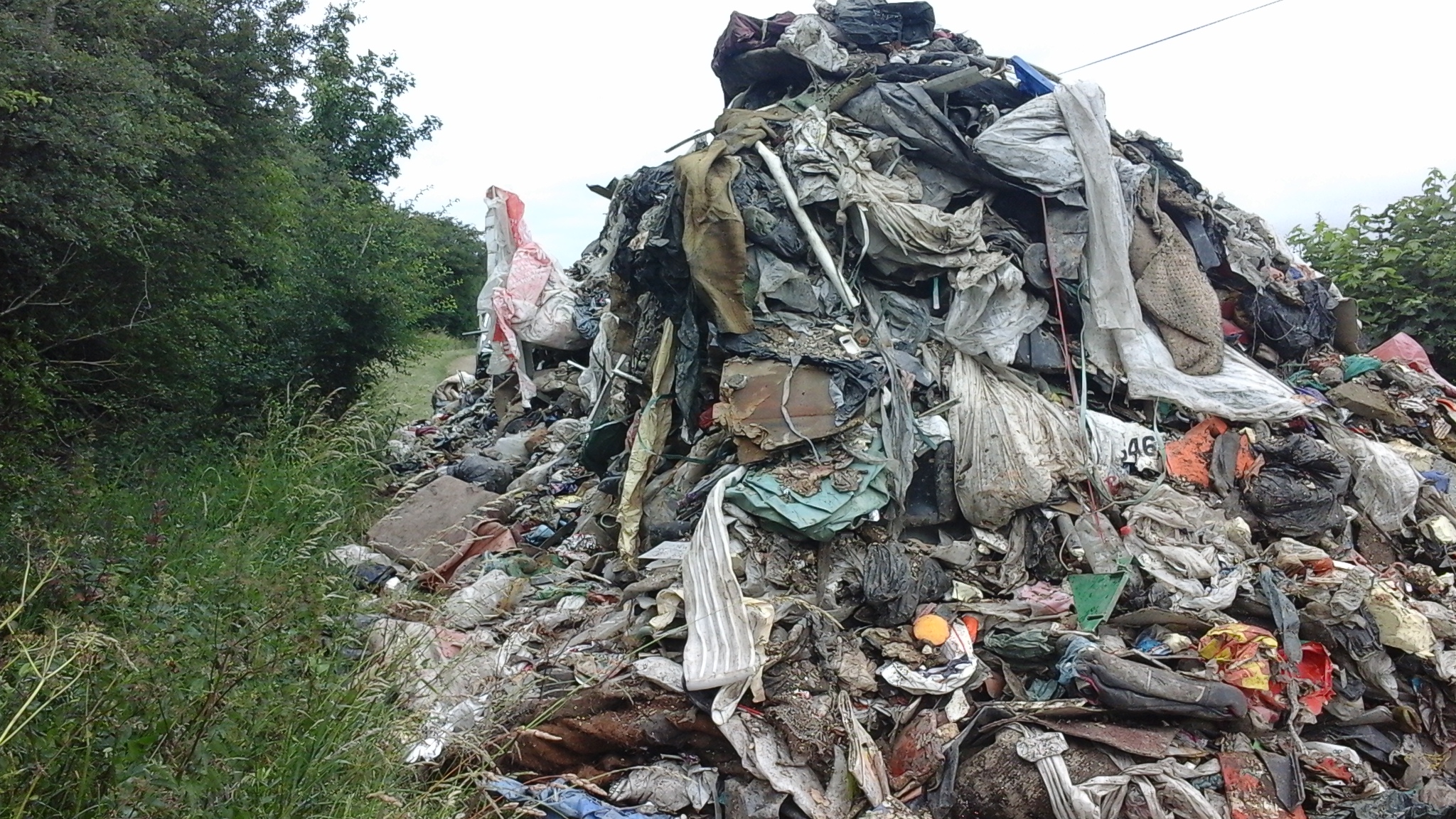Vehicles look set to be banned from a country lane as South Kesteven District Council moves to halt people tipping rubbish in the vicinity
Cabinet is being asked to approve a new Public Spaces Protection Order to prevent access to the old A17 Pottergate Road, Fulbeck, except to authorised vehicles.
Requests for action have been received from local landowners and other organisations including Lincolnshire County Council and the National Farmers Union, following frequent fly-tipping.
It follows a Vulnerable Land Panel meeting under the Lincolnshire Environmental Crime Partnership, where key partners including LCC, Lincolnshire Police, local authorities and the NFU considered all options – with a PSPO being the chosen course of action.
Cabinet Member for People and Communities, Cllr Rhea Rayside, said: “This is a vulnerable location for fly tipping on the public road and private land next to it.
“Heaps of rubbish left there are the responsibility of the Council to clear away, and it costs the taxpayer every time this happens. Rubbish dumped on private land can unfairly cost farmers thousands of pounds to clear, as it then becomes the landowner’s responsibility.”
“Warning signs have been put up to prevent fly tipping. However, continued incidents are reported yet due to the nature of dumped items, we have not been able to secure the evidence needed to identify and prosecute the perpetrators.”
In June 2020, Pottergate Road and some surrounding land in both South Kesteven and North Kesteven saw several large-scale fly tips consisting of part-processed waste. The heap left at Pottergate Road weighed approximately 40 tonnes.
The proposed Order would include the installation of a gate by Lincolnshire County Council at the north entrance to the old A17 to prevent unauthorised vehicles accessing the restricted area. The south entrance is already inaccessible to vehicle users.
Authorised vehicles would need to obtain access details by contacting the Council.
A four-week public consultation was undertaken from 11 December 2023 to 8 January 2024, which found that 80% said that they agree or strongly agree with the proposed Order. Seventy per cent of respondents said they had experienced or were concerned by vehicle access, anti-social behaviour or fly tipping at the location.
One respondent stated: “The fly tipping is unbearable, the cost to the adjoining landowners in terms of financial cost, environmental damage and blocked access is unsustainable.”
Public Spaces Protection Orders are powers given to local authorities as part of the Anti-Social Behaviour, Crime and Policing Act 2014. Designed to target a particular nuisance in a specific area that is having a detrimental effect on the quality of life for those in the local community, PSPOs work by prohibiting certain things or requiring that specific things should be done, in law. Failure to comply with a PSPO can result in a fine.
